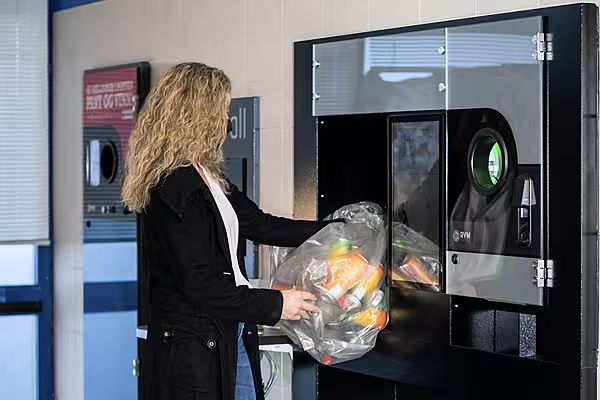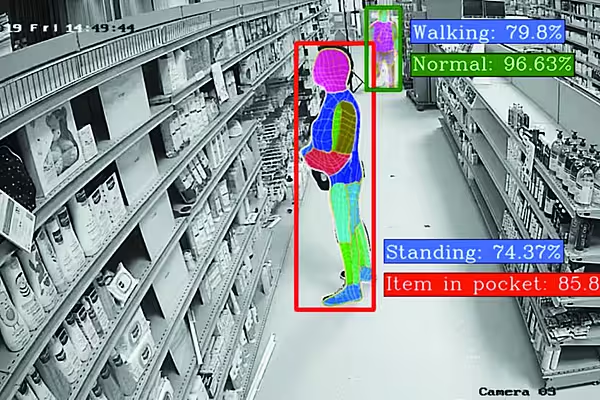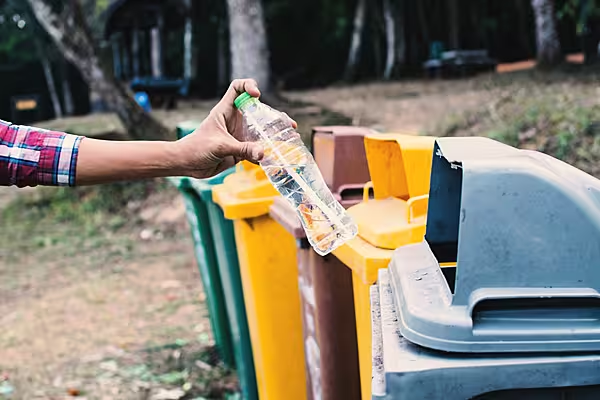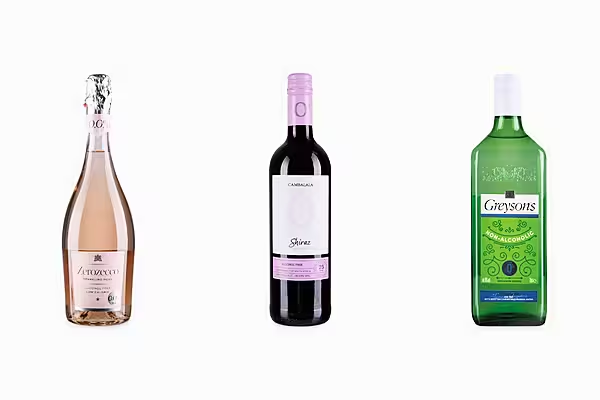In September, Lidl Ireland announced the rollout of its reverse vending machines to facilitate the nation’s first Deposit Return Scheme. With these machines set to grow in popularity, Checkout talks to Stephen Bailey of RVM Systems about the company’s diverse portfolio of reverse vending machines.
Headquartered in Sweden, RVM Systems is a main supplier of reverse vending machines and high-speed counting solutions to Deposit Return Schemes (DRS) and projects in 35 markets around the world.
In 2020, RVM Systems set up a company in Ireland. “I am tasked with building up the team here and developing relationships with industry, grocery retailers and other stakeholders in Ireland,” says Stephen.
Unique Features
He cites a number of features that he believes set RVM Systems apart from its competitors.
“First of all, our machines are DRS compliant, and use trusted and futureproof technology” he says.
“We have a unique processing and compactor system that is optimised for mixing cans and PET bottle in the bins, so the unit takes up about 50% less space in the store and on average costs 30% less. Retailers tell us that our machines are very easy to operate and to clean. The machines are digital, connected to the internet, and can easily be set up for interfacing with phone apps and loyalty cards," he says.
“The machines use secure communication of data and are easy to integrate with the retailers POS to prevent fraud with vouchers. Our machines are also equipped with interactive screens, as large as 21.5 inches, on which videos and commercials can be shown, creating an additional commercial space for the retailer. For our modular machines (Proline and Mega) we offer non-stop functionality and continuous operation even when bins are replaced and emptied – and the machines are expandable so retailers avoid overinvesting from day one.”
RVM Systems has machines to suit stores of all retail channels, including supermarket, convenience, and forecourt operations. “For small stores with lower expected container volumes, we recommend our range of standalone machines starting with the X2 model, which is roughly the size of a traditional drink vending machine,” says Stephen.
“The standalone machines use single phase electricity and are easy to install. For medium to large stores, we recommend our larger standalone machines and the modular Proline range. A modular or ‘through the wall’ system means only the interactive display screen and the intake holes are presented on the customer facing side and the main hardware - the cabinets and bins - are behind the wall and are accessible only to staff and technicians. For the largest locations where high volumes are expected, we supply our Mega bulk feed system. This machine has a much larger intake opening and users can empty full bags of empty beverages into it, which are then sorted and compacted internally.”
Global Plastic Reduction
With current estimates showing that at least eight million pieces of plastic enter our oceans every day, what contribution does consumers’ use of reverse vending machines make to the reduction of plastics globally?
“We estimate that our machines collected more than 11.5 billion used beverage containers in 2020 – that is about 31.5 million containers per day,” he says.
“Half of that, 15 million, is probably plastics, so consumers are making a major contribution to reducing plastic waste when using RVMs. In addition, a DRS can also reduce carbon emissions extensively. It is likely that DRS systems in the Nordics save in excess of 600,000 tonnes of CO2 emissions per year,” he adds.
© 2021 Checkout – your source for the latest Irish retail news. Article by Checkout. For more Technology news click here. Click sign up to subscribe to Checkout.









